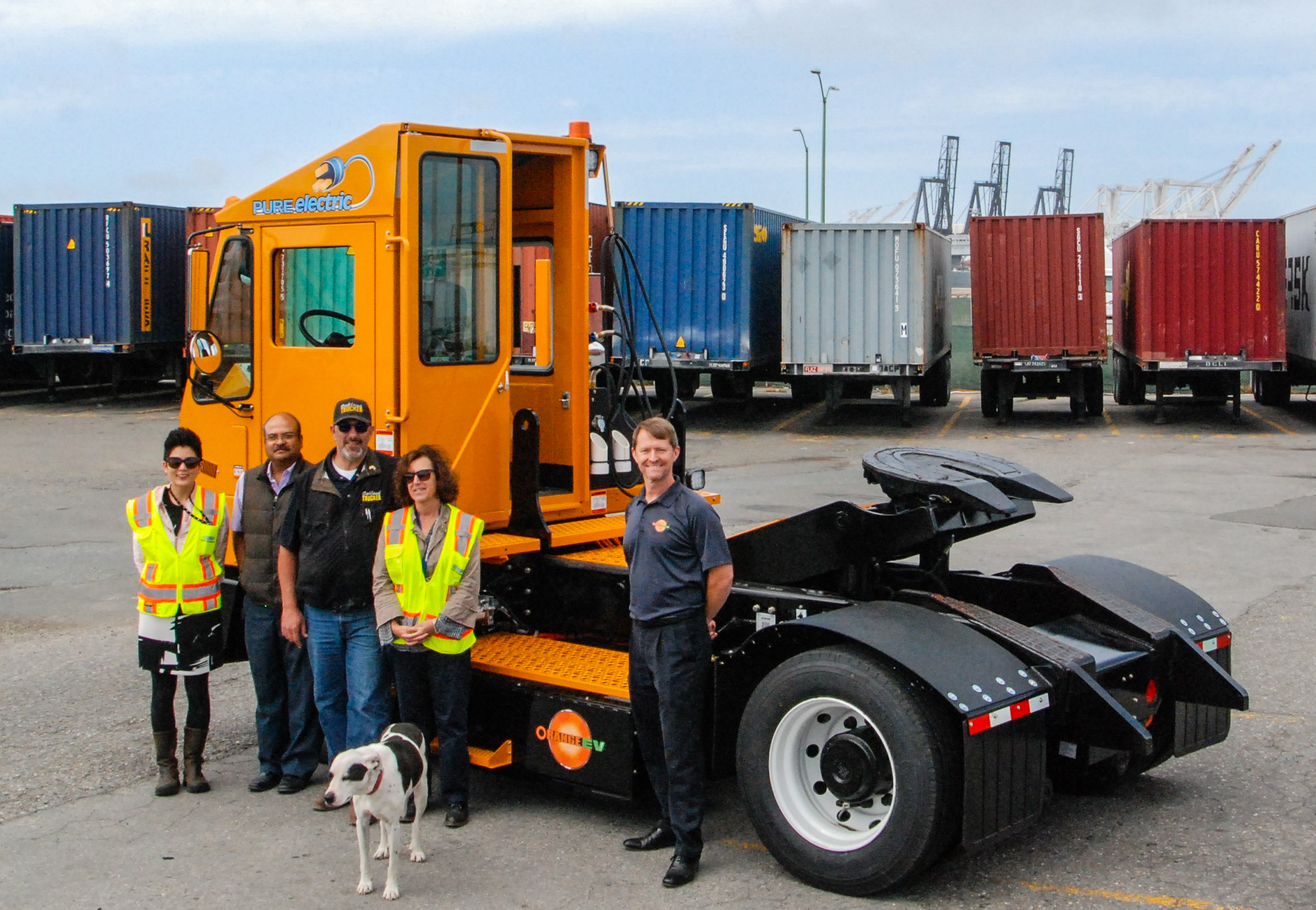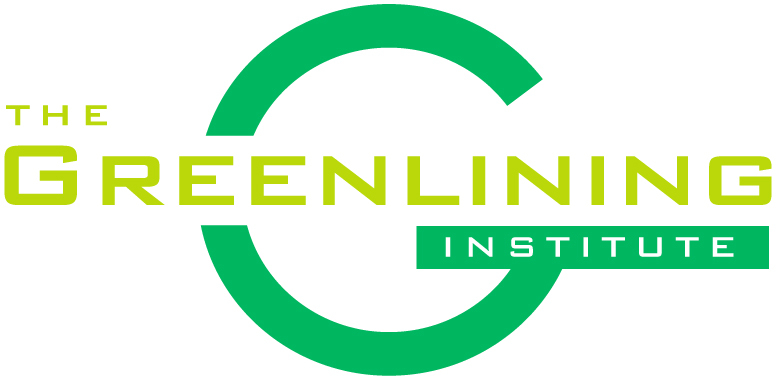Oakland’s 2030 Equitable Climate Action Plan (ECAP) outlines the City’s goals to decrease carbon emissions and equitably respond to the climate crisis. The workforce transition will be critical, as new jobs arise in building electrification, electric mobility and active transportation infrastructure, the repair and reuse economy, and more. While data show that these changes will bring a net gain in employment, we must ensure that these are high-road jobs that benefit all Oaklanders.
Decarbonization Workforce Development Stakeholder Engagement Series:
The City of Oakland’s Sustainability Program, Department of Transportation, and Economic and Workforce Development Department, along with partner organizations Rising Sun Center for Opportunity and the Greenlining Institute, are co-leading a stakeholder engagement series regarding needs and opportunities for workforce development in Oakland’s move toward electrifying buildings and transportation.
The first session was hosted virtually on March 23, 2021, with over 70 stakeholder participants in attendance. This meeting served as an introduction and discussion space to make connections, learn from each other about the key concerns, and outline what would be most helpful in the coming sessions. View recording of the first stakeholder engagement session.
The second session was hosted on June 2, 2021. This workshop reviewed key topics gathered from participant discussions in the first session and hosted a panel on Decarbonization in the Community, featuring representatives from BayREN, East Bay Community Energy, and Cypress Mandela Training Center. To view the presentation from the second session, click here. To view the summary notes, click here.
The third session was hosted on August 10, 2021. Two panels showcased the diversity, desired and required skill sets, opportunities, and challenges in the industry. The objective of the meeting was to gain insight from the living and working experiences of those directly involved with decarbonization and electrification; perspectives and learnings will be folded into upcoming City reports and plans. Presentation slides, summary notes, and a recording of the session are available.
GOALS:
- The workshops will help to inform the City Council about the needs identified by participants in workshop discussions. This feedback will help the Council set policies supportive of community needs while continuing progress in the fight for an equitable low carbon economy.
- The workshops will give community stakeholders a platform to share with each other needs & resources, creating a better connected network among current and previous participants (including those from the East Oakland Neighborhoods Initiative (EONI) and the West Oakland Community Action Plan (WOCAP).
- The workshops will share critical resources and information to the community to support and clarify the need for a rapid transition to a cleaner and more equitable workforce in Oakland.
OUTCOMES:
Insights arising from this series will directly inform critical implementation plans for the ECAP and for overall economic recovery as Oakland heals from the COVID-19 pandemic:
- The Zero Emission Vehicle Action Plan, currently under development, will be completed by mid-2022. This Plan will outline how Oakland will transition to a sustainable and all-electric transportation sector, supporting local and state goals to electrify all vehicles over the next 20 years.
- A Plan for electrifying all existing buildings in the city by 2040 is due to be completed by the end of 2022. This Plan will build on Oakland’s 2020 Ordinance prohibiting the use of gas in any new building. City staff will provide several informational reports to City Council on components of this Plan in 2021 and 2022, ensuring that an equitable workforce development strategy and details of the transition of existing buildings are fully and appropriately considered.
- The City’s Economic Development Strategy, currently being updated by the Economic and Workforce Development Department, will detail strategies for supporting local small businesses and entrepreneurs, neighborhood and community wealth-building, and equity-driven economic development that aligns with the ECAP and the City's greenhouse gas reduction targets.
The information gathered from this series will directly inform these documents, and enable key workforce considerations to play a central role in the City’s decarbonization transition. Join us to weigh in on these important discussions as we seek to place bold climate action at the center of Oakland’s workforce development efforts.


